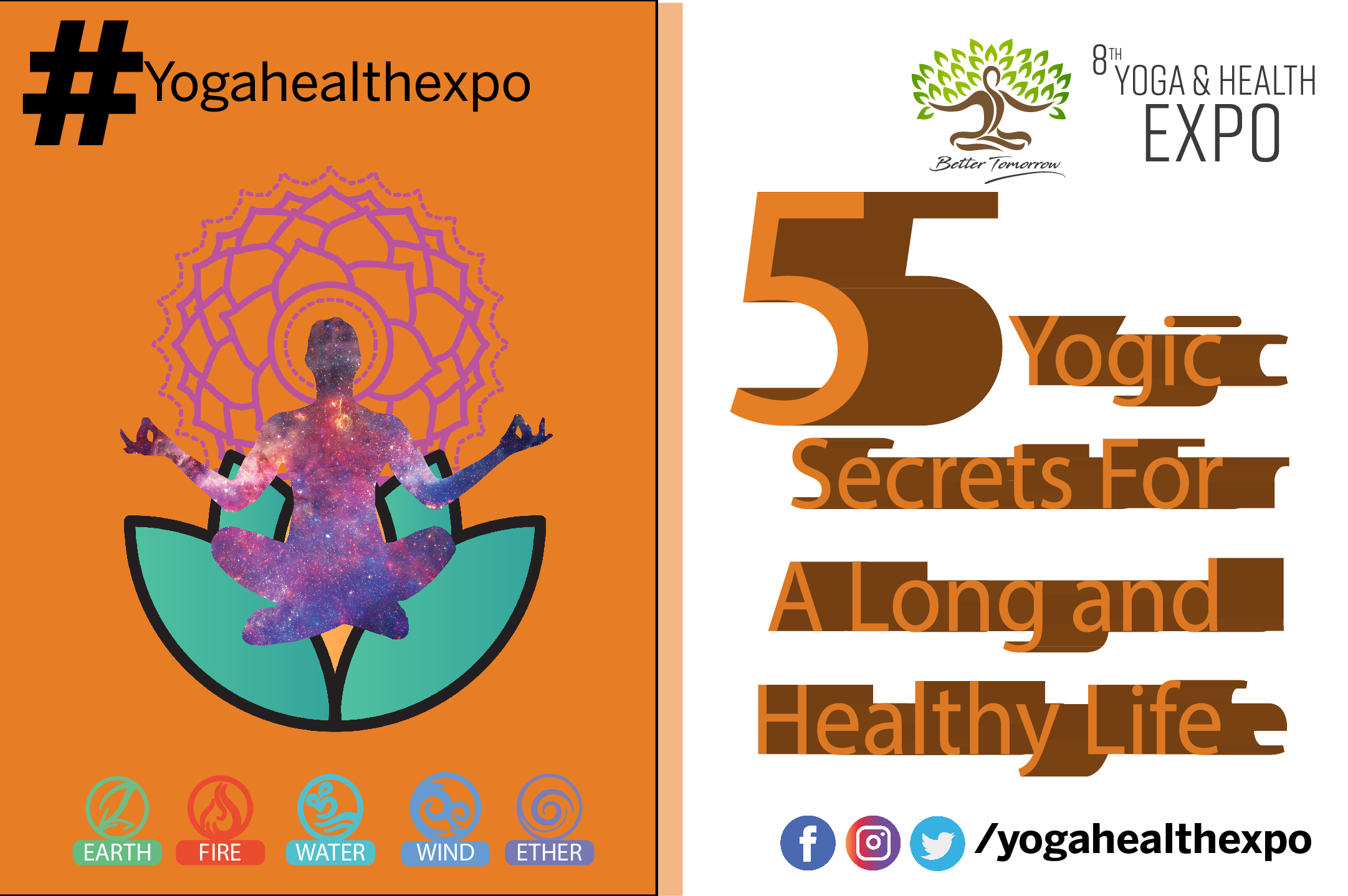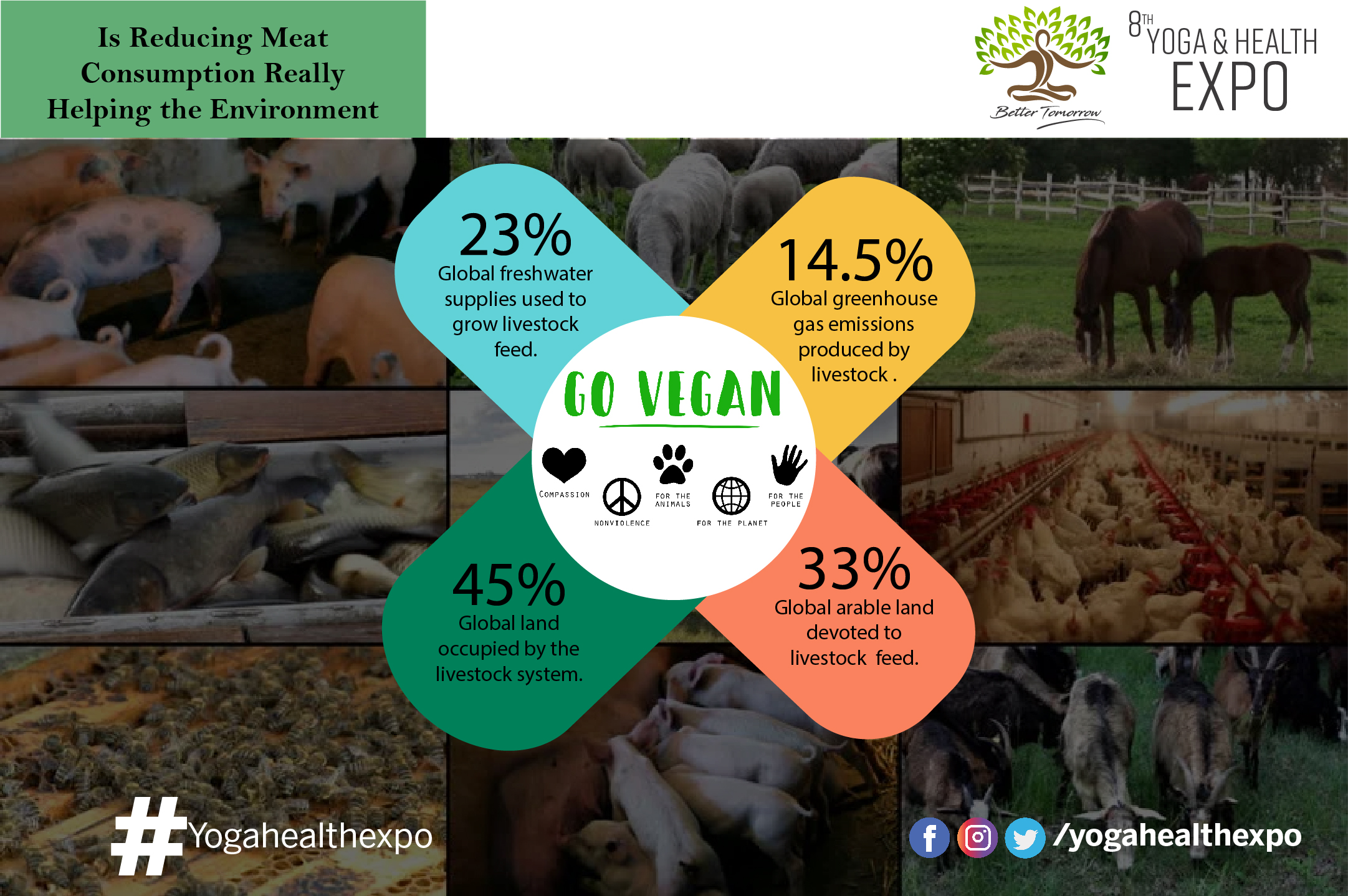Mindful Eating and Yoga: Nourishing Your Body and Soul
In a fast-paced world where stress, distractions, and the constant demand for attention seem to be the norm, it's easy to fall into unhealthy eating habits and neglect the connection between our body and soul. In conjunction with yoga, mindful eating provides a powerful pathway to reconnect with our bodies,…






